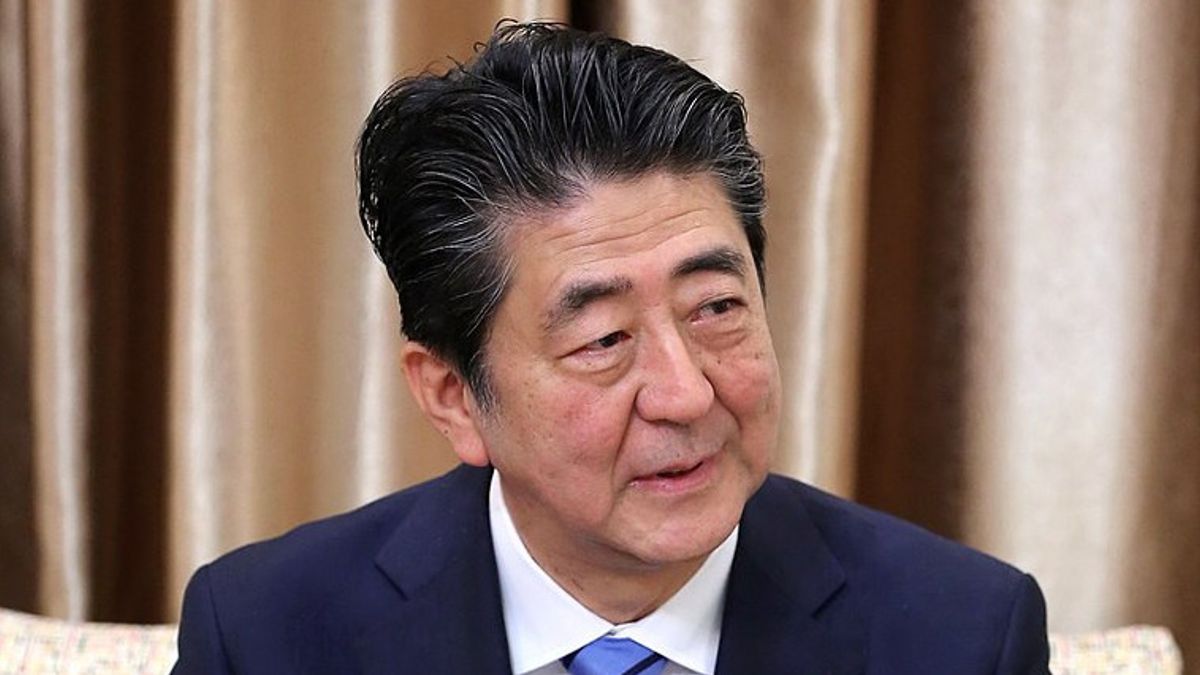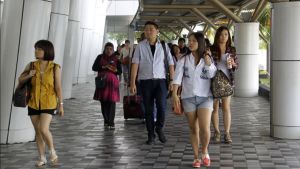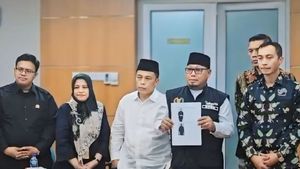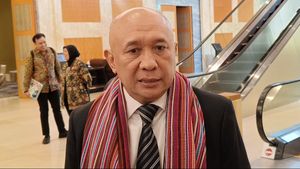JAKARTA - Today eight years ago, or December 26, 2012, Shinzo Abe was re-elected as Prime Minister (PM) of Japan. Abe, who served as PM in 2006-2007, is known as an outspoken national, as well as a reformer.
Karisma Abe brought him back as PM and became the determinant of the Liberal Democratic Party (LDP) power over Japan. Abe later replaced his predecessor Yoshihiko Noda.
Launching the New York Times, Saturday, December 26, Abe's victory was so celebrated by the LDP. Abe won the support of 328 lower house members for a total of 480 seats.
However, upon returning to the helm, Abe was immediately confronted by a big problem. Some of them are the problem of the population in Japan, which is mostly elderly, and taking a stand in border disputes with China.
In addition, Abe has promised to boost Japan's economic growth. He also promised to force the central bank to move more aggressively to fight deflation. Abe pointed out that this was a step to provide assistance to the Japanese export industry.
These steps were taken to revive the Japanese economy. Abe wanted to immediately show his breakthrough. This is because, according to Abe, the former PM has failed to fulfill promises of change, especially to promote significant economic growth.
Appoint New FacesAfter voting was over, Abe began naming members of his cabinet. On average, those chosen are new faces. This appointment was intended to try to change the image of the Japanese leader who was previously filled with parents.
However, Abe did not fully present new faces. Because, in the composition of the cabinet, there are several parents who are still given the responsibility of holding positions.
These include Taro Aso (72), a former PM who was appointed as Minister of Finance of Japan. Fumio Kishida (55) who served as Minister of Foreign Affairs of Japan. Fumio is believed to be able to establish good relations with the United States (US).
Previously, Abe's leadership as PM began in 2006, before he resigned in 2007 and was re-elected in 2012. Abe has led Japan in a period of recovery from earthquakes, tsunamis and long-impact nuclear disasters.
Under Abe, Japan was able to recover from an impoverished economy. Despite his long reign, Abe failed to achieve his main goal of revising the constitution adopted by the United States (US) after World War II.
The English, Chinese, Japanese, Arabic, and French versions are automatically generated by the AI. So there may still be inaccuracies in translating, please always see Indonesian as our main language. (system supported by DigitalSiber.id)













